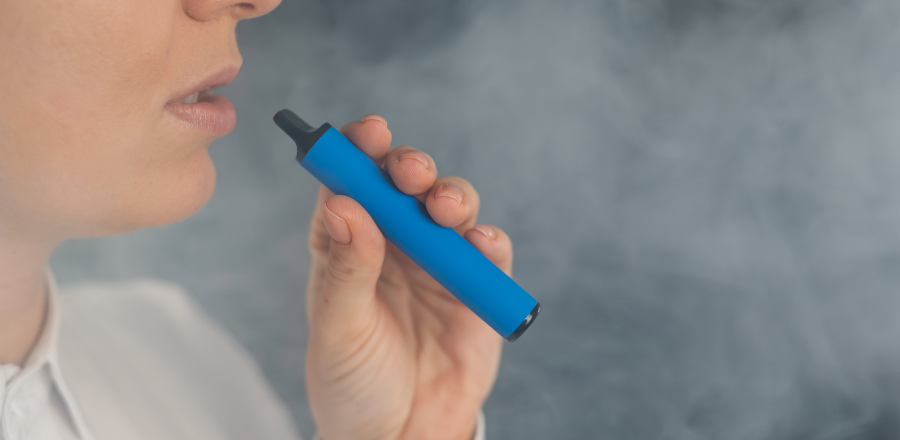Vaping is a ticking time bomb that must be defused
Vaping is a public health crisis that must be addressed head-on to protect Australian children who are at risk of becoming addicted to nicotine and taking up smoking.

As federal parliament is due to consider the next tranche of vaping restrictions this week, the Australian Medical Association is highlighting the urgent need tackle the harms of vaping, which have an impact on people both young and old.
AMA President Professor Steve Robson said irrefutable statistics showed vaping is a gateway for young Australians to smoking cigarettes.
“Let’s make this clear — children and young adults use vapes as their first nicotine-based product. They are not trying to quit, as they’ve never smoked before,” Professor Robson said.
“Nicotine is highly addictive, and there is strong evidence to show young people who vape are three times more likely to take up smoking.”
Professor Robson urged federal MPs to support the federal government’s vaping restrictions, which follow strong advocacy from the AMA and have widespread support from health groups.
Substances commonly found in vapes include diacetyl, which damages small passageways in the lungs, formaldehyde, which is known to contribute to lung and heart diseases, and acrolein, which is often used as a weed killer.
“As more time passes, further evidence is coming to light about the extensive dangers of vaping. This is a ticking time bomb that is threatening future generations of Australians,” Professor Robson said.
Professor Robson said at the heart of the issue was the shady tobacco industry luring kids to their harmful vaping products with bright packaging, fruity flavours and vape stores near schools.
“The big tobacco industry and pro-vaping lobby have a bag full of dirty tricks to get kids hooked on vapes, claiming they are safe and nicotine-free,” Professor Robson said.
“But all they are doing is lying through their teeth. It’s time for Australians to wake up to the truth that vaping is rapidly becoming the next smoking crisis.”
The AMA commends the federal government for taking strong action against vaping, with the importation of disposable vapes being prohibited from January 1 this year and the importation of all non-therapeutic vapes banned from March 1.
The next phases of the federal government’s proposed reforms include a ban on the domestic manufacture, supply, advertising and commercial possession of non-therapeutic vapes. All forms of retail vapes would also be eliminated, moving to a prescription only model.
“These reforms must be enacted to tackle the harms of vaping, particularly for children and future generations, and we are calling on all of federal parliament to support these changes,” Professor Robson said.



